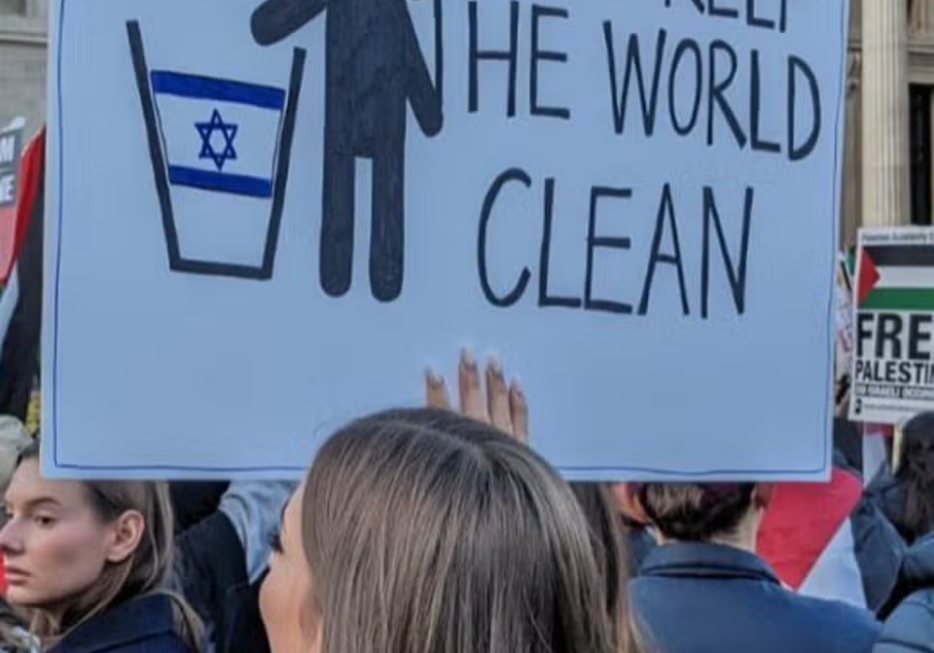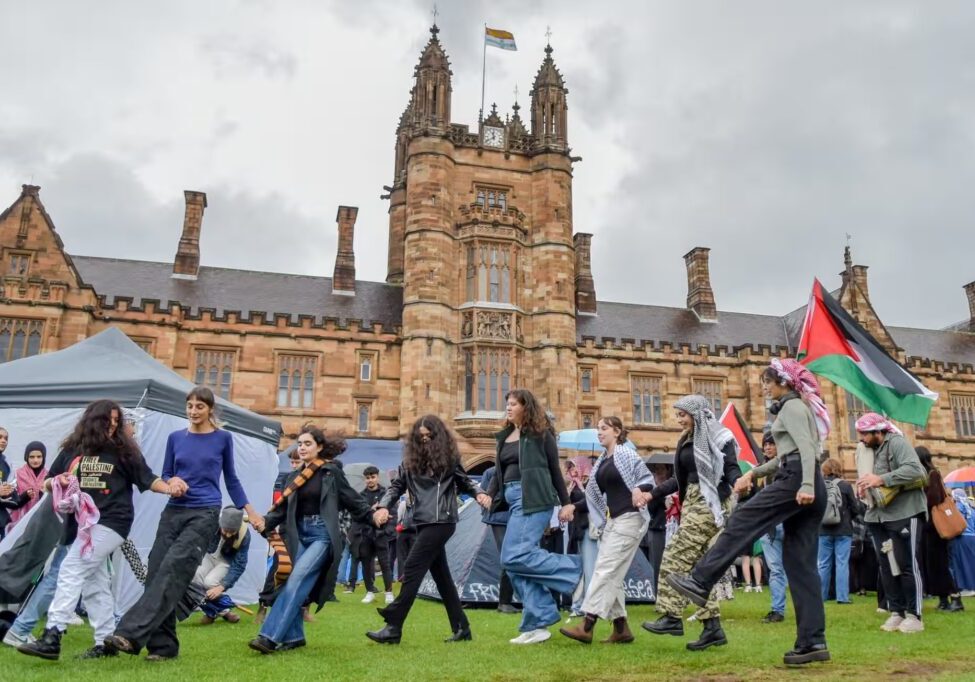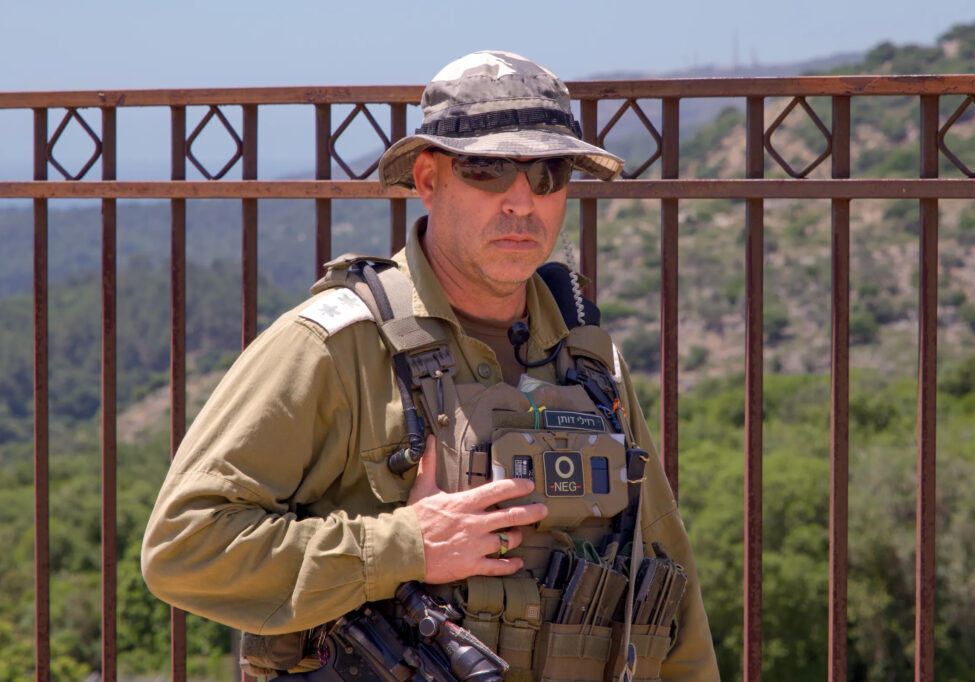Australia/Israel Review
Editorial: Like a Sharm
Mar 1, 2005 | Colin Rubenstein
There is reason for cautious optimism that the recent Sharon-Abbas Summit at Sharm-el-Sheikh might spell the end of the four-year conflict between Israel and the Palestinians.
It isn’t yet Passover, but we still must ask why is this ceasefire different from all other ceasefires? There are two interrelated reasons: the death of Yasser Arafat and the election of Mahmoud Abbas as his successor.
Abbas is a pragmatist who has long since recognised that Arafat’s encouragement of violence against Israel over the past four years has brought nothing but disaster to the Palestinian people and their campaign for national sovereignty. The new Palestinian president also has a political style that is amenable to good governance and pragmatic compromise rather than grandiose delusions.
Abbas has already demonstrated the difference by taking a variety of measures formerly rejected by Arafat. Palestinian police have been dispatched to stop terrorist groups firing rockets at Israeli towns; anti-Jewish incitement in the official Palestinian media has been curtailed; and terrorist safe houses have been shut down. And through these actions Abbas has demonstrated the error of those who formerly argued that Arafat was unable to do anything about Palestinian terrorism.
Israeli Prime Minister Sharon’s plan for unilateral disengagement from Gaza and part of the northern West Bank also factors into the equation. The withdrawal plan has demonstrated to Palestinians that Israel has viable alternatives to simply enduring terror or conceding all Palestinians demands. It also proves to Palestinians, the Arab world, and international mediators that Ariel Sharon is a leader who can deliver politically painful concessions on settlements and territorial compromise.
But Palestinian terrorism remains the critical issue. In recent months, Hamas, Islamic Jihad, and the al-Aqsa Martyr’s brigade have been left reeling from Israeli countermeasures, including arrests, raids on bomb factories, targeted killings, the security fence, and checkpoints. This explains the vast decline in the number of successful terror attacks in Israel. A ceasefire and nothing further will simply allow these groups to re-group, re-organise and re-arm for another round of terror at the time and place of their convenience. Moreover, these groups are today largely funded and directed from Iran through the Lebanese terror group Hezbollah, both of which are dedicated to destroy any progress toward a two state solution. If unchecked, the terrorists will choose the moment of attack designed to do the most damage to peace prospects.
This is why the roadmap peace plan calls for dismantling terror infrastructure as one of the first obligations on the Palestinian side. Abbas has so far opted for dialogue with the radical terror groups, but has also talked about the need to collect illegal weapons from militia groups, and has shown a willingness to use force to end to terror if necessary. The Israeli government is clearly hopeful that Abbas will do more than simply talk to the terrorists.
Abbas will also have to consolidate the first steps toward democracy created by his election, root out rampant corruption and make a serious start on economic reconstuction. Top priority will have to be given to creating reformed and effective Palestinian security services out of the mishmash of 12 or more competing organisations that Arafat created, and encouraged to act as private armies.
Sharon will have to maintain his shaky coalition, and working with Abbas, maximise the positive returns from Israeli disengagement. It should be used to build cooperation and trust with the Palestinians, especially in the area of security, as a spur for Palestinian reform, as well as to re-build Israeli popular faith that concessions by Israel will not be exploited by terrorists to kill more effectively.
However, even if Abbas and Sharon play all their cards right with respect to reform and disengagement, it should be recognised that the two sides remain far apart on many crucial issues of a final resolution of the conflict. The most important is the legally baseless, but iconic, “right of return” for the descendants of Palestinian refugees from the 1948 war to Israel. Abbas has committed himself to the achievement of “right”, but it is universally viewed in Israel as a formula to destroy the Jewish state through demographic means.
Israel is not about to commit national suicide in order to accommodate Arab demands or Europe’s instinct for appeasement. As long as the extremist Palestinians continue to dream of the day they will be able to either wipe Israel off the map, or demographically convert Israel into a second Palestinian state, no real peace will be achievable.
So while hope is rightfully in the air, realistic recognition of the huge tasks and obstacles ahead should also be kept in mind. An end to violence for now would be a breath of fresh air for both Israelis and Palestinians. But short term progress does little to mitigate the serious long term disagreements that separate the two sides.
In the past, Yasser Arafat tended to reach for the AK-47 whenever he was frustrated at the negotiating table. But the Palestinians must realise that war is not simply a legitimate alternative to diplomacy by other means. The civilised world has evolved beyond Clausewitz, and the question is whether the Palestinians want to be part of that civilisation.
The road ahead is long and strewn with obstacles in both fact and principle. If the Palestinians are finally serious about making peace, they will greet these inevitable hurdles with diplomatic proposals and discussion, rather than hand grenades.
COLIN RUBENSTEIN
Tags: Israel






